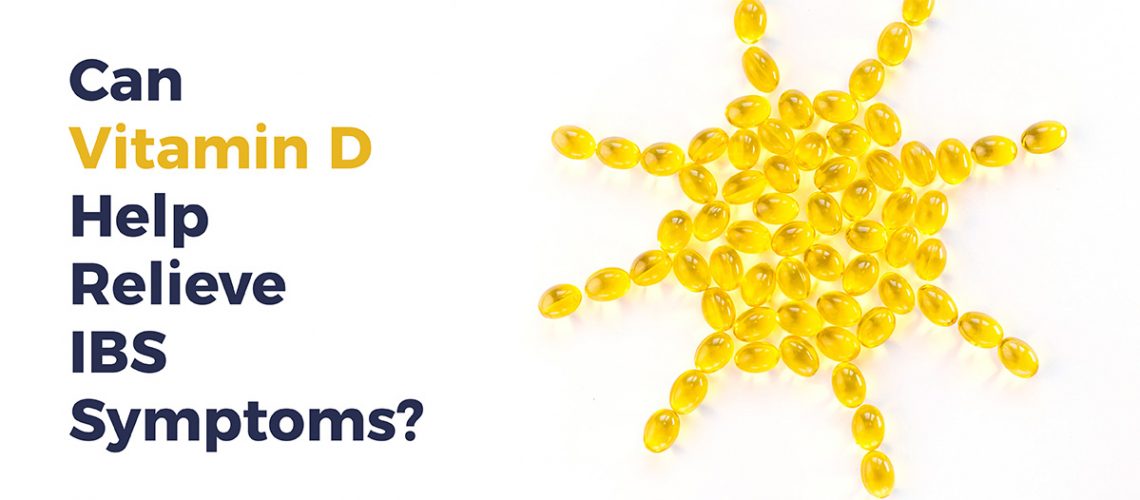Digest This
Click on the topics below to learn how probiotics can improve your digestive health, naturally.

Does Vitamin D Relieve IBS?
- @drHoberman
- Digestive Health, Probiotics
Does Vitamin D Relieve IBS?
Vitamin D is a versatile and very essential nutrient that does great things for your body.
Not only does vitamin D aid in the absorption of calcium and phosphorus to keep your bones strong and healthy, it reduces your risks of some serious health problems (from multiple sclerosis to heart disease and the flu) and helps you regulate your mood too.
Plus, your body makes vitamin D naturally thanks to your daily exposure to the sun. (That’s why it’s called the sunshine vitamin.) However, if your body doesn’t produce enough vitamin D, eating fatty fish (salmon and tuna) or fortified foods like milk or cereal or take a daily supplement may help.
But should you take vitamin D to relieve symptoms of irritable bowel syndrome (IBS)? Not so fast…
Putting Vitamin D To The Test
For nearly a decade, scientists at the University of Sheffield have done lots of research on the connections between IBS and low vitamin D levels. In fact, the results of their 2018 study determined that vitamin D had some small benefit, leading them to advise most IBS patients to take a supplement.
Scientists put their theory to the test in this latest study: A 12-week trial in which 135 patients with chronic IBS took a 3,000 IU of vitamin D or a placebo with a goal of lessening its symptoms.
Although vitamin D levels increased in comparison to a placebo treatment, there were no differences reported in the severity of IBS between both groups of patients or even a mild alternations to their quality of life.
For people living with severe IBS, low vitamin D levels may be attributable to changes in diet and lifestyle as a result of adjustments they make due to anxiety or other coping mechanisms, says lead study author Dr. Bernard Corfe.
How To Relieve IBS
If you’re coping with IBS, you may already know that making basic adjustments — eating more fiber and low FODMAP meals, reducing your stress and getting more movement and sleep — are helpful. (These are important ways to curb the obesity epidemic).
Depending on the subtype of IBS affecting you and its severity, your physician may suggest targeted drugs like alosetron (Lotronex) or rifaximin (Xifaxan), but these come with their own side effects ranging from constipation to pancreatitis.
If you want to treat IBS without a drug, many medical experts believe probiotics are one of the most effective and safest treatments available.
Probiotics lessen constipation by maintaining the motility in your intestines and reduce the duration of diarrhea. Plus, they work with your gut-brain axis to calm your emotions and help you better handle your stressors.
What’s more, studies have shown the effectiveness of multi-strain probiotics, especially when they’re taken over the long haul.
Remember your gut microbiome is a diverse accumulation of bacteria, so any probiotic you take needs to be built to combat the symptoms of IBS plus protect and enhance your body’s immune system.
Look for a probiotic with proven strains of beneficial bacteria from the Bifidobacterium and Lactobacillus families, like those found in EndoMune Advance Probiotic.
One more thing: The next time you have blood work done during your annual checkup, be sure you ask about your vitamin D levels and consult with your physician about a supplement if you need one!
References
There Is An Endomune Probiotic For Every Lifestyle
-
EndoMune Metabolic Rescue
$44.95 -
EndoMune Advanced Probiotic
$42.95 -
EndoMune Companion Pack
$112.93








